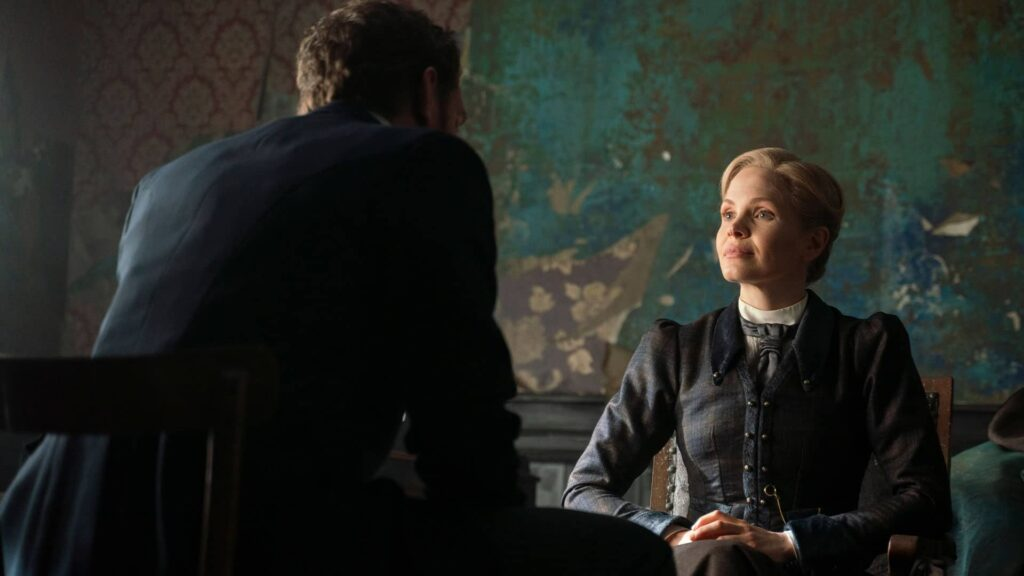introduction
In the United States, voter privacy is a fundamental aspect of the democratic process. The ability to vote without being compelled to disclose one’s preferences is vital to ensuring that the process remains free and fair. This privacy covers not only the ballot itself but also any details related to how individuals vote in an election. Consequently, the voting choices of individuals like Miss Scarlett Denson—whether public figures or private citizens—remain confidential and are not publicly available unless the individual chooses to disclose them themselves.
Voter privacy is not only a legal right but also a safeguard to prevent undue influence or pressure from external sources. This privacy encourages voters to make decisions based on their personal beliefs, without fear of reprisal or judgment from others. The principle of voting in secret is critical to the integrity of elections and the free expression of political will.
Public Access to Voting Information
While the choices an individual makes on their ballot are confidential, there are some public aspects of the voting process that are available. For example, voter registration information is public, meaning that someone’s status as a registered voter can be verified. However, public records do not include information about who that voter casts their ballot for.
In addition, exit polls—which are surveys conducted immediately after people vote—can give an indication of how different demographic groups are voting. But again, exit polls only capture aggregated data and do not provide any information on individual voting choices. Therefore, unless a public figure like Miss Scarlett Denson chooses to publicly share how they voted, the public will not have access to that information.
The Issue of Public Figures and Their Vote
Public figures, celebrities, and other well-known individuals often receive attention from the media and the public for many aspects of their lives. However, even for these individuals, their voting preferences remain private. There have been cases where public figures, including actors, politicians, and activists, have openly discussed their political beliefs or endorsed certain candidates, but this is different from revealing their actual vote in a given election.
While it is legal for public figures to choose whether or not to share whom they voted for, the choice to reveal such information is entirely up to the individual. Some may choose to make their voting preferences known to encourage others to vote or as part of a broader political statement. Others, however, may prefer to keep this information private, citing a desire for personal privacy or to avoid creating divisions within their personal or professional life.
How Elections Work and the Secrecy of the Ballot
In the United States, voting is conducted through a system of private ballots. Whether voting in person at a polling station or by mail, voters are given the opportunity to cast their votes without anyone else knowing what choices they have made. This secrecy is a fundamental principle of American democracy and is designed to protect voters from intimidation, coercion, or harassment.
The system of secret ballots dates back to the 19th century, when voting became more formalized in the U.S. before that, many elections were conducted in public, which left voters vulnerable to various forms of undue pressure. The introduction of private ballots marked a significant advancement in ensuring that individuals could make their choices freely, without external influence. This system ensures that each citizen’s vote counts, regardless of their status or position in society.
The Role of the Media in Election Reporting
While individuals’ votes are private, the media plays an essential role in reporting on elections, candidates, and voting patterns. After elections, news organizations provide a wealth of information regarding the results, the demographic breakdown of voter turnout, and trends across various regions. However, media coverage typically focuses on election outcomes rather than individual voting preferences.
There is a distinction between public figures’ general political views, endorsements, or public support for particular candidates, and the actual act of voting in an election. Public figures may use their platform to encourage others to vote or to support specific policies or candidates. However, even if they endorse someone or speak about their political ideology, this does not give insight into how they voted in any particular election.
When Public Figures Share Their Voting Preferences
In some cases, public figures may choose to publicly disclose who they voted for. This might be done through interviews, social media posts, or speeches. For instance, during a presidential election, it’s not uncommon for celebrities or politicians to express their support for one candidate over another. However, even when public figures do choose to announce their support for a particular candidate, this is not an official record of their vote in the election. It is simply an endorsement or a statement of political preference.
While some public figures may discuss their voting habits, it is important to remember that voting itself is a personal and private act. The specifics of how someone votes are not generally disclosed unless they choose to do so voluntarily.
Conclusion
Ultimately, the question of who Miss Scarlett Denson—or anyone else—voted for in the 2024 election cannot be answered definitively unless the individual chooses to publicly disclose this information. Voter privacy laws ensure that each citizen has the right to vote in secrecy, and this confidentiality is a crucial element of the democratic process. Public figures may choose to share their political views or endorsements, but the privacy of their vote remains protected unless they opt to make that information public. In the end, the right to a secret ballot is one of the key elements that helps preserve the integrity and fairness of elections in the United States.

